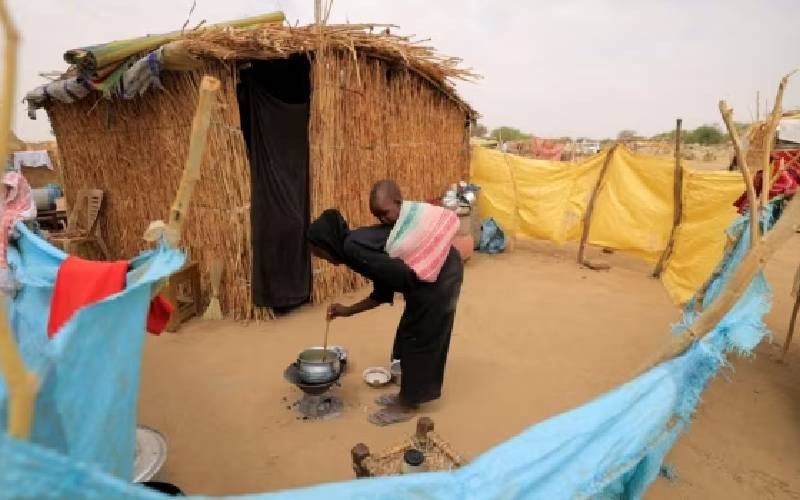
Fighting in Sudan's capital worsened Wednesday, as witnesses reported airstrikes, rocket-propelled grenades and gunfire in several neighborhoods. In southern Sudan, fighting between tribes lasting several days has raised the fear the conflict, mostly centered around Khartoum, could spread.
The Sudanese army, led by General Abdel Fattah al-Burhan, struck targets in Khartoum and its two sister cities, Omdurman and Bahri, for the second day as it tries to dislodge the paramilitary Rapid Support Forces led by General Mohamed Hamdan Dagalo that have dug into the residential areas they have held since fighting began in mid-April.